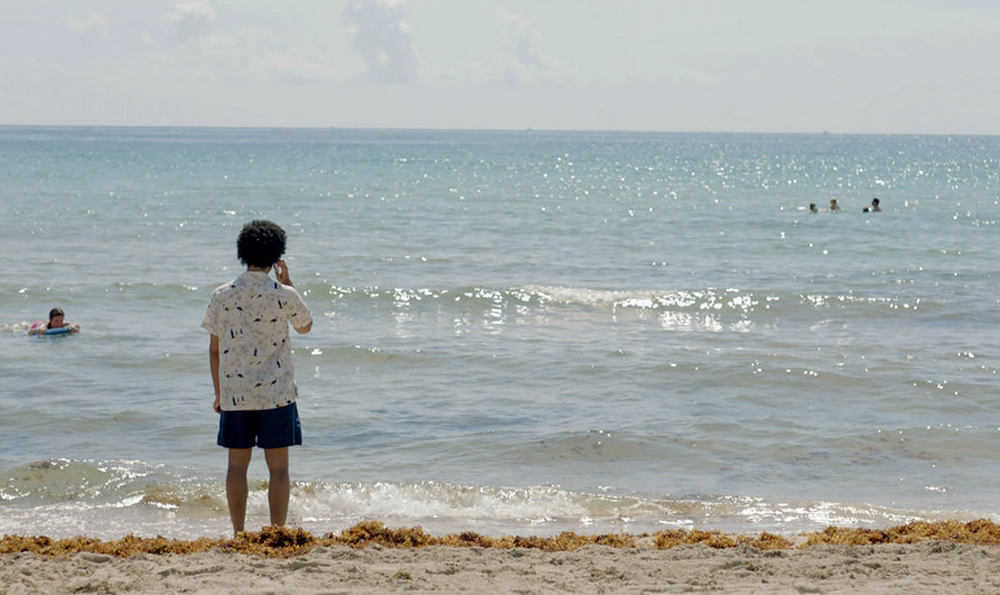At a festival where taking risks seems par for the course, one of the biggest takes place silently in “Jacqueline (Argentine),” a film that may seem like Sundance’s most aggravating film when it is not the festival’s most entertaining. In following the Argentinian misadventures of young woman who claims to have knowledge of an international conspiracy, leading a camera crew to track her every move, writer/director Bernardo Britto essentially throws away the middle of the film, going as far as actually inserting a brief intermission into its 90-minute running time, to make a point about the life of a filmmaker and the medium itself. Your mileage may vary as to whether or not it was worth it, but the daring has to be admired regardless and for those who buy in, it’s both a hysterically funny and unexpectedly poignant endeavor.
Instantly ingratiating itself as if it was the love child of Wes Anderson and “Sherman’s March” documentarian Ross McElwee, employing the droll, train of thought narration of the latter to accompany the machine-gun montages of the former, “Jacqueline” actually starts out in Miami where a filmmaker (Wyatt Cenac) receives an unusual message on his cell phone, urging him to call back about “highly confidential government information” in such a vague way that it might as well be an e-mail from a Nigerian Prince.
Still, the filmmaker, who remains anonymous throughout filming, decides to follow up, intrigued by the oddity of the situation, and enlists a pair of semi-amateur camera technicians to join him as he heads to a holistic retreat in La Falda where Jacqueline is holed up. Once there, he can’t ever seem to stop the camera from rolling after meeting Jacqueline, a bundle of nerves, rambling on at almost all times as if she can’t control the ideas in her head, and you can see why. As played in a wonderfully loopy turn by the French actress Camille Rutherford, it would be as difficult as averting your eyes from a car crash.

While already presenting a frighteningly accurate portrait of a self-involved director who ascribes far more importance to mundane details than they often deserve, Britto goes one step further in delving into the deepest, darkest fears of any documentarian as the filmmaker begins to wonder what he’s committed to and existentialist reflection begins to seep in. The film all but slows to a crawl as Jacqueline indulges in fruitless pursuits of her theories and the filmmaker’s mind begins to wander, threatening to leave the audience as high and dry as those working the camera. To Britto’s credit, a closing salvo that matches the gusto of the film’s opening awaits, but to get there isn’t easy.
Yet even if one checks out of “Jacqueline (Argentine),” it would be hard to dismiss its considerable charms before missing its rewarding payoff. Britto, who previously made the animated short “Yearbook” before making his live-action debut here, shows a zeal for observation that when paired with a mordant wit is deadly and as “Jacqueline (Argentine)” finds its way around to having Cenac’s increasingly cynical filmmaker contemplate whether his work has value, you can be sure that Britto’s certainly does.
“Jacqueline (Argentine)” does not yet have U.S. distribution. It will play once more at the Sundance Film Festival on January 29th at 6 pm at the Library Center Theatre.




